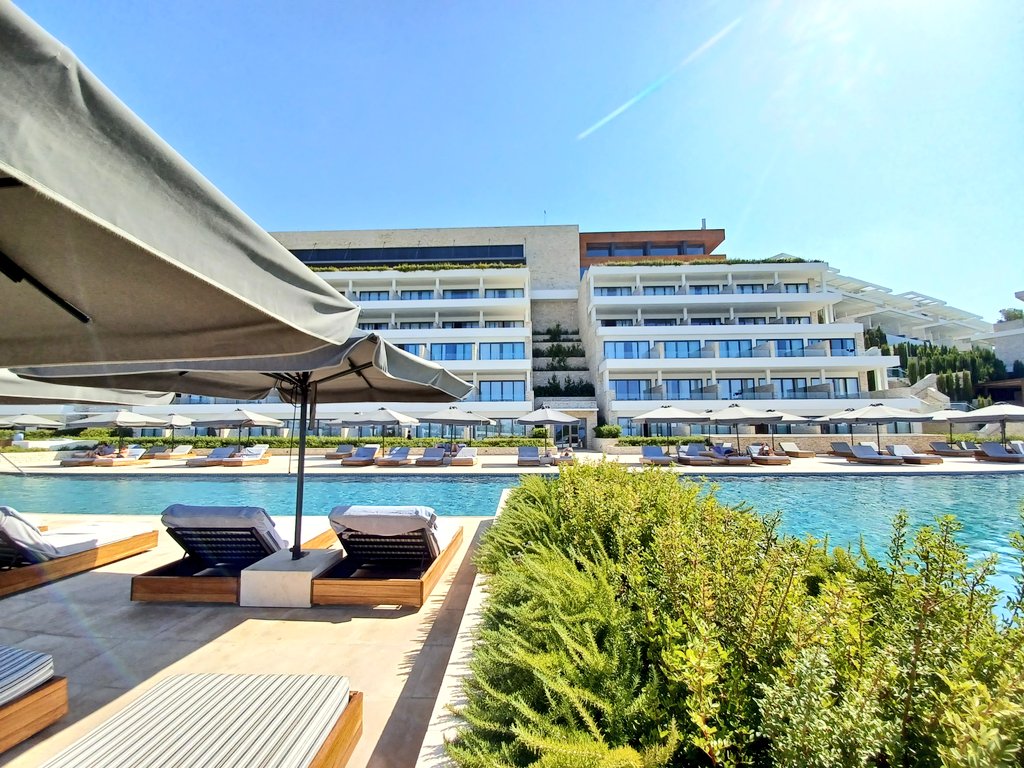The figures show that the average gross monthly earnings of employees reached €2,476 between April and June 2025, up from €2,375 recorded in the second quarter of 2024.
The relatively high average is largely influenced by a small proportion of top earners whose salaries raise the overall mean, even though most workers earn far less.
This disparity highlights the continuing wage inequality across Cyprus, where the median wage remains significantly below the average.
Seasonally adjusted figures also revealed a quarterly increase of 0.9 per cent compared to the first quarter of 2025.
The statistical service reported that the second-quarter data are provisional and subject to revision in future updates.
The latest figures show that foreign-owned firms accounted for 50.66 per cent of Cyprus’ total service exports to non-EU countries.
At the same time, domestic enterprises represented 28.45 per cent, while the remainder fell under enterprises of unknown ownership status.
This pattern places Cyprus among a group of EU economies—such as Slovakia, Estonia and Lithuania—where foreign-controlled firms dominate the export of services beyond EU borders.
A growing number of hotels, mainly in Ayia Napa and Protaras, have decided to stay open for longer periods in 2026, extending operations by around two weeks at both ends of the season, in March and November.
According to industry sources, several hotels in the Famagusta district will also remain open throughout November 2025, helping to broaden the island’s tourism window beyond the traditional summer months.
While this may appear a modest move, tourism professionals consider it an important first step in a wider transition.
For the plan to work, they stress, the entire tourism ecosystem must remain active — from restaurants and supermarkets to transport and leisure services.
Without this coordination, they warn, visitors risk encountering “dead towns” despite favourable weather conditions.
Despite an expected 19 per cent quarterly fall in net profits in the third quarter, BofA believes investors will concentrate on the medium-term outlook and strategic catalysts for the sector.
The analysis, shared by Greek business outlet Newmoney, stressed that valuations remain attractive and the medium-term prospect is improving due to strong capital bases, the gradual recovery of loans, and the prospect of increased distributions.
Moreover, according to BofA’s report, Greek banks continue to trade at a significant discount compared to European groups, with BofA forecasting a gradual increase in total shareholder returns, primarily through higher dividends in the coming years.
Presenting the figures before the House Finance Committee, Deputy Minister of Tourism Kostas Koumis said the budget reflects a clear shift from a numbers-driven model to one focused on quality, local benefits and environmental balance.
Of the total amount, €27.7m, 37.1 per cent, has been earmarked for information and promotional campaigns, €14.9m, 20 per cent, for grant schemes linked to upgrading the tourism product, and €19.5m, 25 per cent, for operational expenditure, including €6.1m related to Cyprus’ hosting of the EU Council Presidency in 2026. The remainder will cover other support activities.
Koumis noted that 2025 is shaping up as another record-breaking year for Cypriot tourism, with both national and international indicators confirming a steady rise.
According to the Aviation Council International, Cyprus ranked second in Europe for air-connectivity improvements between 2019 and 2025 and first in the 2025/2024 comparison.
Across the EU, electricity prices for households remained broadly stable at €28.72 per 100 kWh, showing only a slight 0.5 per cent decline from €28.87 in the second half of 2024.
However, despite this period of stability, prices remain well above pre-2022 energy crisis levels.
At the same time, the share of taxes and levies in household electricity bills increased from 24.7 per cent in late 2024 to 27.6 per cent in early 2025, partly offsetting the impact of lower pre-tax energy costs.
As a result, the decline in wholesale prices has yet to be fully reflected in consumers’ final bills.
According to an announcement, the two awards, from the BOOST and Fast Track Innovation (FTI) programmes, are fuelling the company’s next phase of growth
The BOOST programme is serving as the engine for Ask Wire’s transformation of its proven analytics platform into a scalable European business.
The funding supports key growth initiatives including market research and client development in Poland and the Czech Republic.
It also finances targeted marketing and communication campaigns, alongside the recruitment of product, sales, and data specialists.
The buyback was carried out through the Cyprus Investment and Securities Corporation Ltd (CISCO), in line with the authorisation granted at the company’s annual general meeting on June 24, 2025.
The transactions were executed under the regulations of the Cyprus Stock Exchange and the circulars of the Cyprus Securities and Exchange Commission.
The shares were acquired in ten separate transactions on the same day.
In the first transaction, Demetra Holdings purchased 2,446 shares at 1.635 cents per share.






Click here to change your cookie preferences